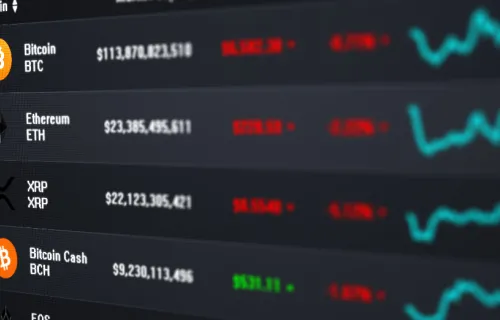The notion that blockchain has the potential to redefine business models and shake up the status quo is now widely shared. After the finance sector, it is now the energy sector’s turn for a burgeoning wave of blockchain pilot projects. In the energy market, while peer-to-peer power trading, such as the blockchain microgrid project in Brooklyn, New York, is by far the most widely recognized, utilities such as RWE, Vattenfall, Wien Energy and Engie have also begun their own experiments.
This technology of storing and transmitting information via a decentralized, secure and transparent registry is now high on the innovation agenda. Over the past three years, more than 2,500 blockchain-related patents have been filed, and in the first quarter of 2016 alone, more than $1 billion has been invested in blockchain start-ups.
Blockchain gives rise to new opportunities for traditional energy stakeholders to reduce their administrative costs, secure operations, develop new services for their customers and also to renew their status as trusted third parties.
The challenge for these stakeholders is to know how to anticipate a shift that is both societal and technological in nature before they are affected by it, and to be able to respond to the following questions:
- Who will be the trusted third parties of tomorrow?
- How can blockchain generate value for my company?
- What are the real opportunities presented by blockchain and what are its limitations?
- How can we experiment with blockchain to validate its feasibility and evaluate its impact?
- What position will we adopt in the blockchain ecosystem?
- Who are good partners?
- What regulatory changes are required for blockchain?
Take a look at our whitepaper to find out if blockchain technology in the utility industry is an opportunity or a threat.




